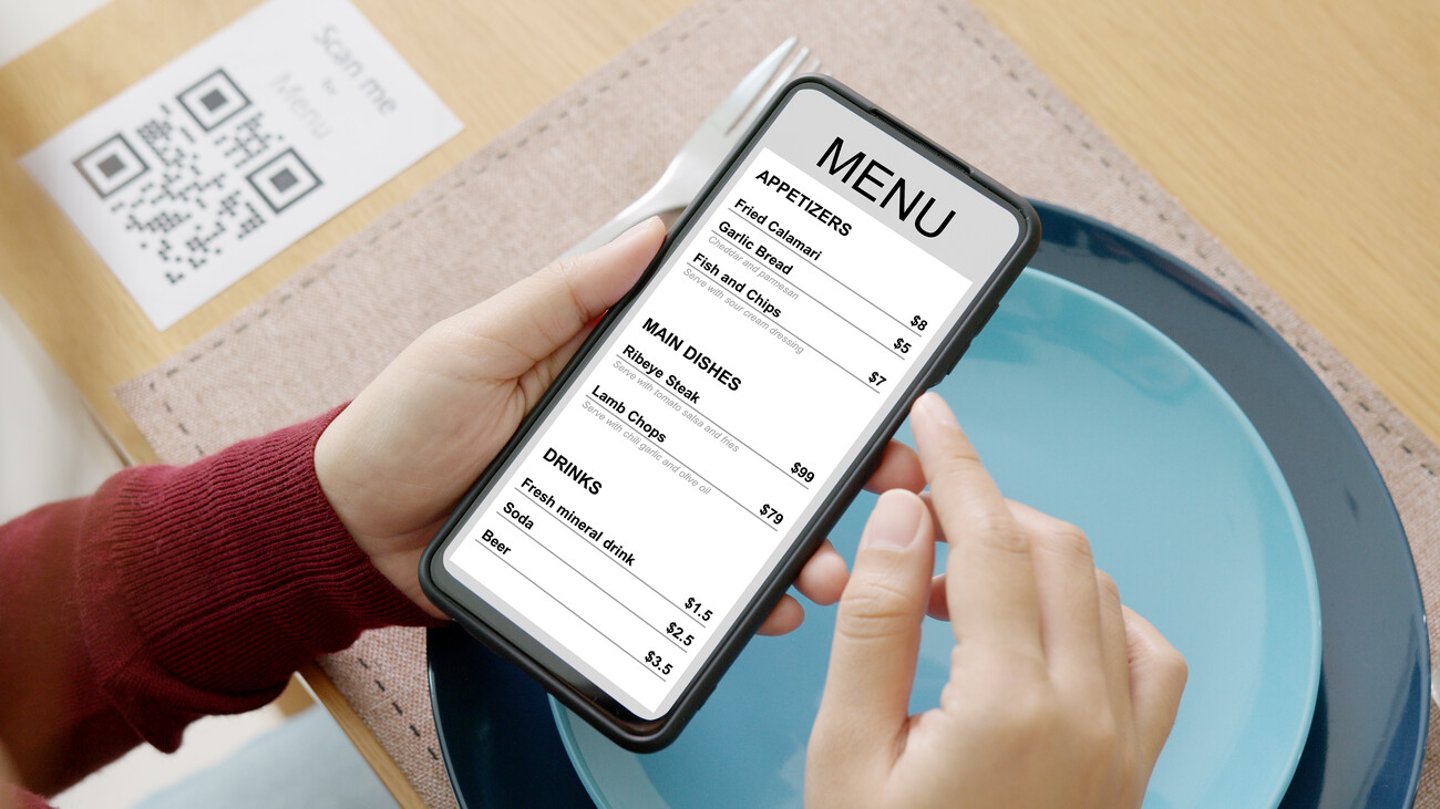The Impact of QR Code Integration in Hotels
In today's technology-driven landscape, the hospitality industry is always seeking innovative ways to enhance the guest stay while optimizing operational efficiency. One such strategy is the integration of QR codes into various touch points throughout the guest experience. This practice gained momentum during the COVID-19 pandemic, where the desire for “touchless” experiences accelerated guest familiarity and acceptance of QR codes. Whereas these codes might have been unfamiliar to guests in the past, nowadays the majority of individuals feel at ease and confident when utilizing them.
QR codes are proving to be a versatile tool for streamlining guest interactions at every stage of the stay. From the booking confirmation to post-checkout messaging, QR codes can help automate and elevate the entire experience.
ARRIVAL EXPERIENCE
Upon arrival, upselling opportunities and guest requests can all be facilitated through QR codes. A best practice is to put QR codes on the room key or on a card inserted into the key package for maximum visibility. Guests can quickly scan and message staff with any request to ensure satisfaction with their room, as well as find easy access to information like property maps and Wi-Fi passcodes.
IN-ROOM EXPERIENCE
Traditional in-room compendiums are also being replaced by QR codes. By offering guests a digital experience, hoteliers can provide up-to-the-minute information, instructions and color photography/video content depicting experiences and services as well as providing instant booking capabilities at amenities such as at the restaurant or spa. Guests can also access coffee machine instructions, the location of amenities and on-site services, local neighborhood recommendations or a special promotions. A traditional compendium is not dynamic and must contain less information and fewer details in order to maintain its one-year shelf-life. The transition to QR code based compendiums also contributes to cost savings by reducing printing expenses, while being environmentally mindful by decreasing paper waste. Online, QR-based compendiums are enhancing experience and utility by facilitating on-line bookings, providing the ability to market special promotions and allowing guests to access these details from anywhere on and off-property.
RESTAURANT EXPERIENCE
QR codes are also redefining dining on property from room service to poolside. By providing QR codes for mobile ordering through platforms like Saba Hospitality, Bbot, Outpay, CardFree, Ready and native POS platforms like Toast, hotels can showcase menus with pictures, streamline the ordering process and allow guests to include any special requests or allergies. Specifically, these applications and POS systems not only reduce labor costs associated with room service, but also increase order accuracy thereby increasing guest satisfaction. QR code-based ordering can also increase average check values as it is easier for guests to reorder drinks without waiting for a server to visit the table and many apps have an upsell capability to automatically recommend appetizers or desserts.
GUEST TIPPING / EMPLOYEE SATISFACTION
In addition to improving operations and reducing costs, QR codes also support guest tipping and associate feedback through digital tipping solution systems like Canary Technologies, buku, YouTip, TipYo, Shiny and more. By making it easier for guests to tip service staff in an increasingly cashless world, employees receive more tips and have higher satisfaction.
The hospitality industry is at a crossroads. Hotels can embrace the digital revolution and adopt new technologies, or they can risk being left behind. Through the implementation of QR codes and other digital technologies, hotels enhance guest experiences, optimize operations and reduce costs. By seamlessly integrating technology into every guest touch point, the hospitality industry is taking a significant step toward a more efficient and sustainable future.

